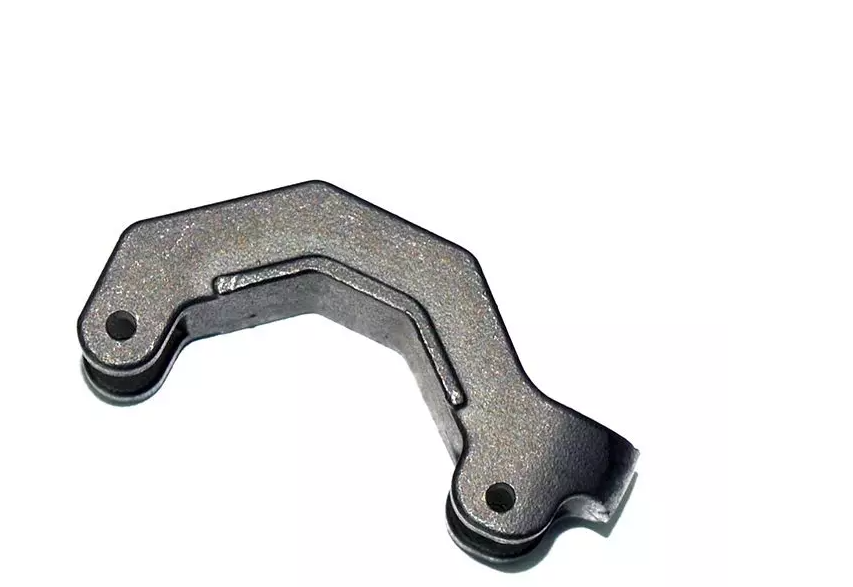In modern manufacturing, Computer Numerical Control (CNC) milling machining technology is increasingly becoming a crucial manufacturing process. CNC milling machining utilizes advanced computer control systems and precision mechanical equipment, offering manufacturers several significant advantages. This article explores several advantages of CNC milling machining.
1. High Precision and Reproducibility: CNC milling machining operates with exceptional precision due to its advanced computer control systems. This means that parts can be machined according to precise dimensional requirements without the need for manual intervention. Furthermore, CNC systems maintain a high level of consistent machining quality, ensuring reproducibility during batch production and reducing errors and wastage in manufacturing.
2. Complex Geometric Shape Machining: CNC milling machines possess multi-axis movement capabilities, enabling the accurate machining of complex geometric shapes. Compared to traditional manual operations or other machining methods, CNC milling machining can more easily produce intricate contours, curves, and holes, meeting the demands for complex components across various industries.
3. Automation and Reduction of Human Errors: CNC milling machining is an automated manufacturing process where operators primarily focus on programming and loading machining routines, while the actual machining is computer-controlled. This reduces the risk of human errors, enhancing production efficiency and quality.
4. Flexibility and Quick Turnaround: Switching to machining different parts often only requires program adjustments, eliminating the need to change the machine or tools. This makes production lines more flexible, capable of adapting to the manufacturing requirements of different products in a short time. Consequently, CNC milling machining enables faster delivery of new products.
5. Data Recording and Analysis: Various parameters and data from the CNC milling machining process can be logged and analyzed through computer systems. This aids in monitoring the efficiency and quality of the production process and allows for improvements when necessary. Moreover, this data can also be utilized for quality control and substantiating product compliance with relevant standards.
6. Labor and Cost Savings: While the initial investment and maintenance costs of CNC equipment can be higher, in the long run, CNC milling machining significantly reduces labor costs. With reduced manual operations and human errors, businesses can optimize the utilization of their human resources more efficiently.
In summary, CNC milling machining technology offers numerous advantages in modern manufacturing, ranging from high precision and the ability to handle complex geometric shapes to automation and data analysis, all contributing to higher production efficiency and product quality for manufacturers. As technology continues to evolve, CNC milling machining is poised to continue playing a pivotal role in the future.
